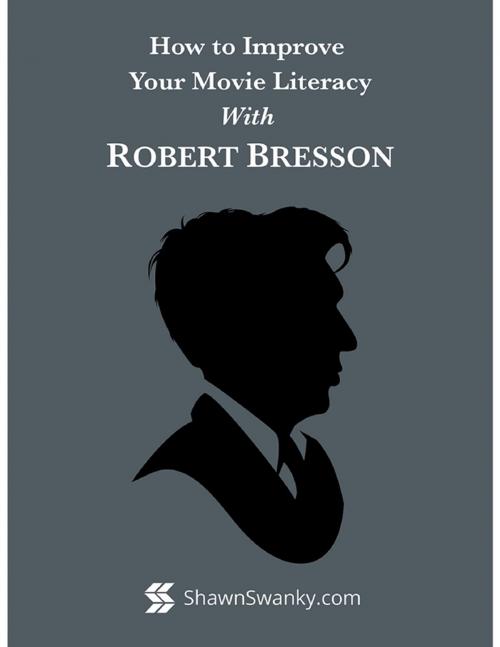| Author: | Shawn Swanky | ISBN: | 9781312737693 |
| Publisher: | Lulu.com | Publication: | March 17, 2015 |
| Imprint: | Lulu.com | Language: | English |
| Author: | Shawn Swanky |
| ISBN: | 9781312737693 |
| Publisher: | Lulu.com |
| Publication: | March 17, 2015 |
| Imprint: | Lulu.com |
| Language: | English |
Robert Bresson (1901-1999) was a French movie director. Over 25 years, he compiled some reflections about movies as an art form and applied these in his work. Bresson may be best known for two tragedies, "Au Hasard Balthazar" and "Mouchette," and for a black comedy commenting on modern society, "The Devil Probably." In 1975, he published his reflections as "Notes on Cinematography." This remains essential reading today because many of the movie-making issues explored there are fundamental and not just about the state of the art during his time. Apart from clarifying key terms, this introduction aids students in four ways: 1) It selects from among the "Notes" to introduce only the most important themes. 2) It re-arranges the presentation topically, following the stages of movie production. 3) It contains observations, reflections, suggestions or criticisms of Bresson. 4) It concludes with a consideration of the movie storylines and issues tackled by Bresson in his style.
Robert Bresson (1901-1999) was a French movie director. Over 25 years, he compiled some reflections about movies as an art form and applied these in his work. Bresson may be best known for two tragedies, "Au Hasard Balthazar" and "Mouchette," and for a black comedy commenting on modern society, "The Devil Probably." In 1975, he published his reflections as "Notes on Cinematography." This remains essential reading today because many of the movie-making issues explored there are fundamental and not just about the state of the art during his time. Apart from clarifying key terms, this introduction aids students in four ways: 1) It selects from among the "Notes" to introduce only the most important themes. 2) It re-arranges the presentation topically, following the stages of movie production. 3) It contains observations, reflections, suggestions or criticisms of Bresson. 4) It concludes with a consideration of the movie storylines and issues tackled by Bresson in his style.















